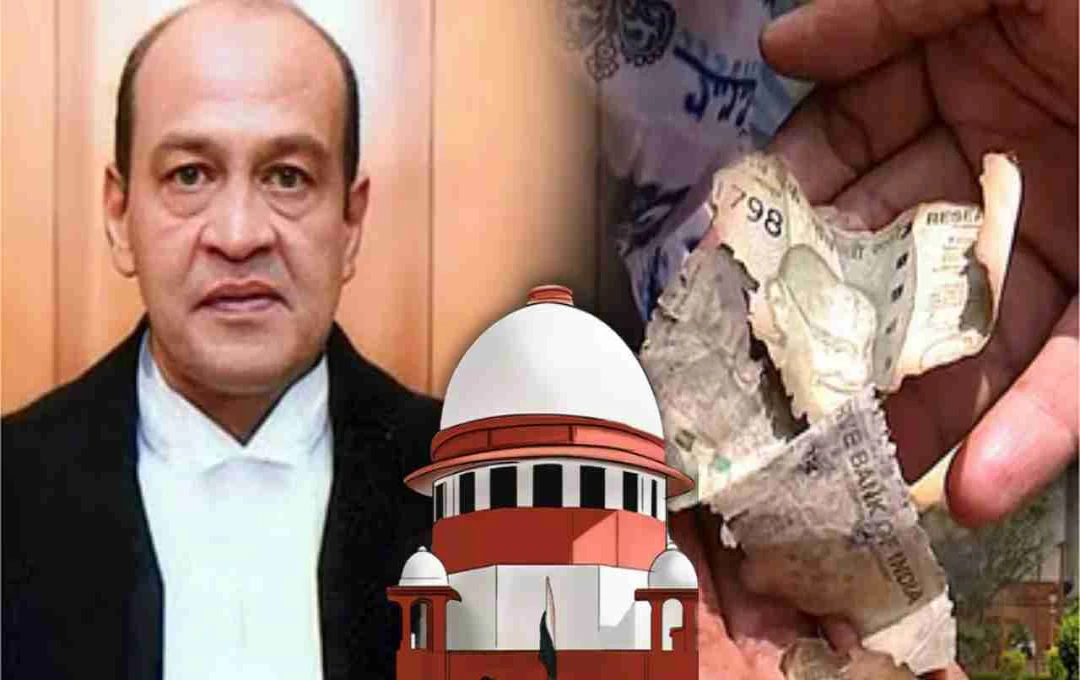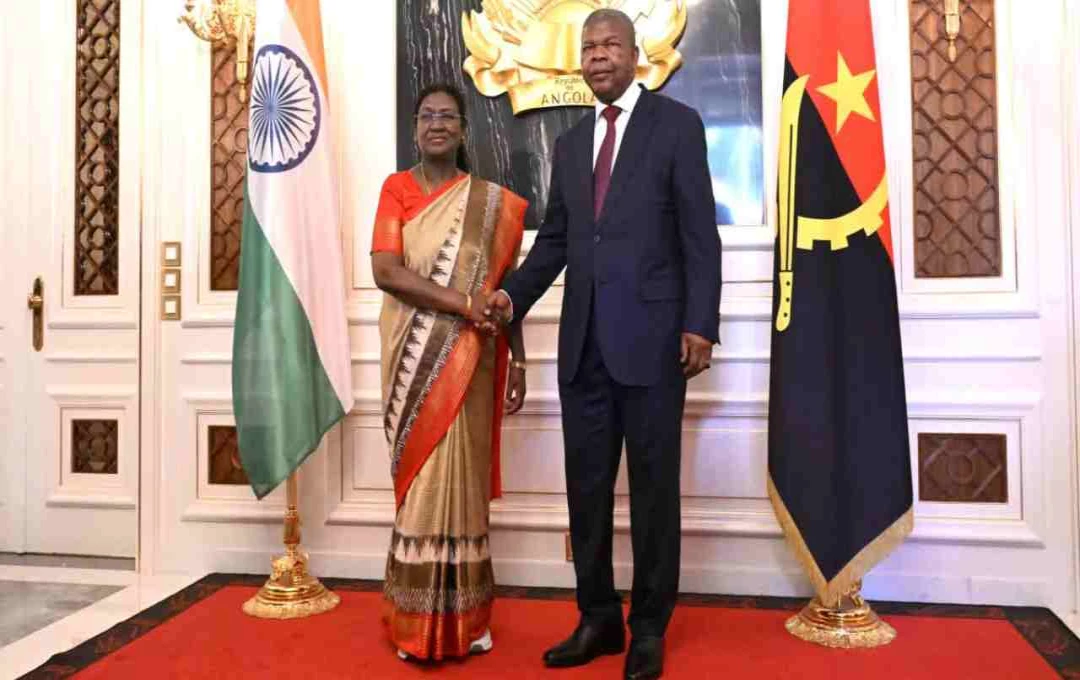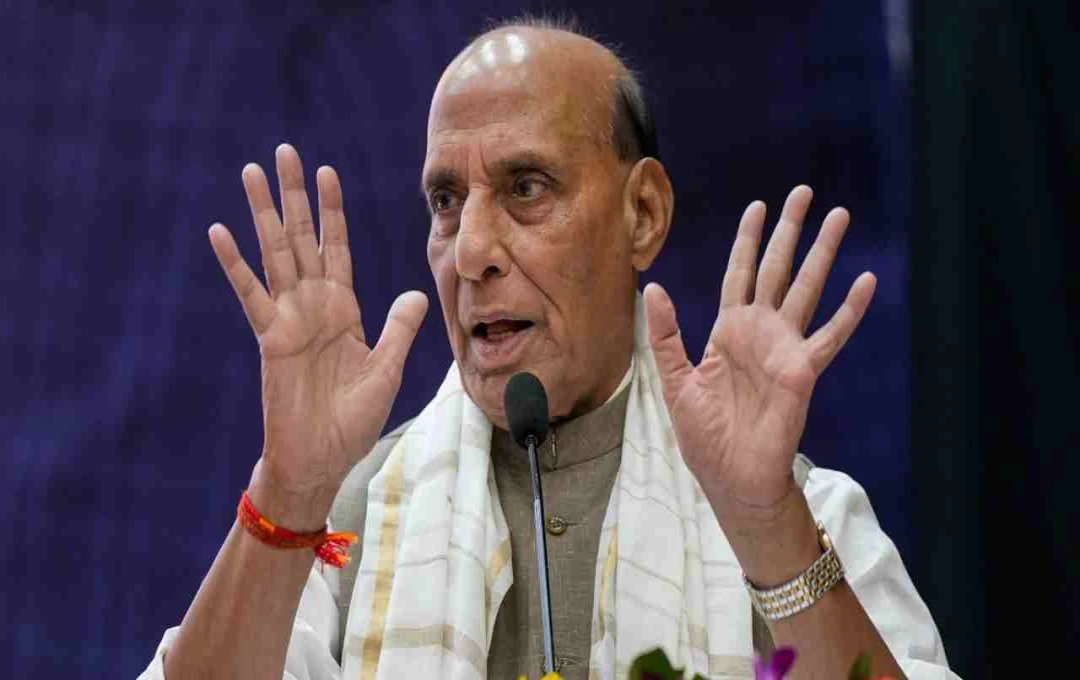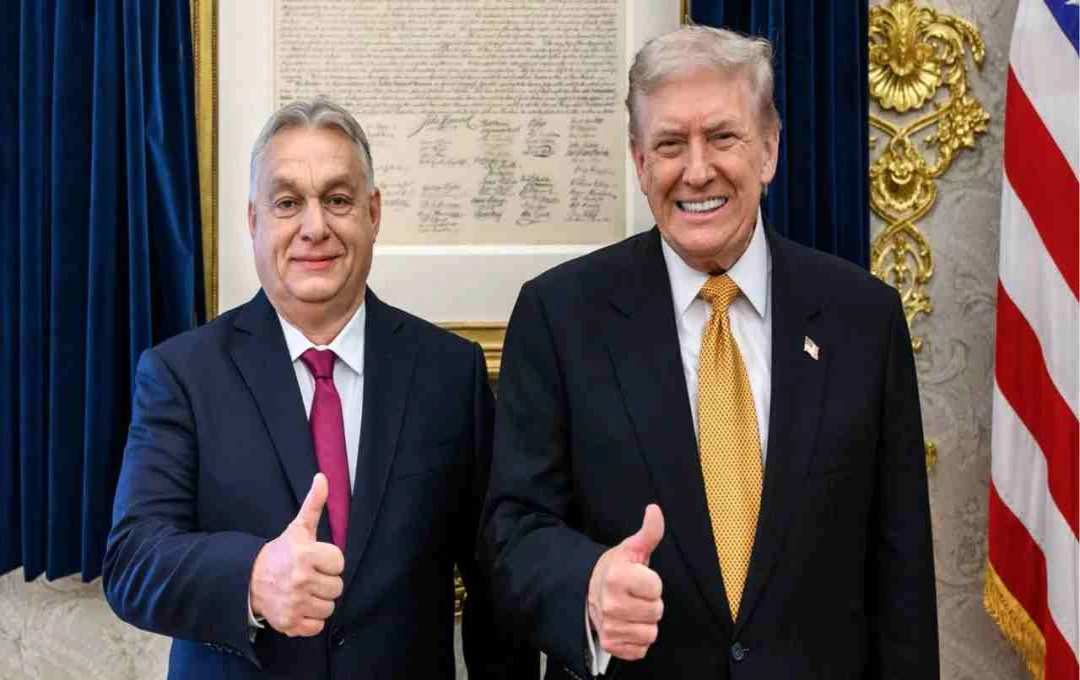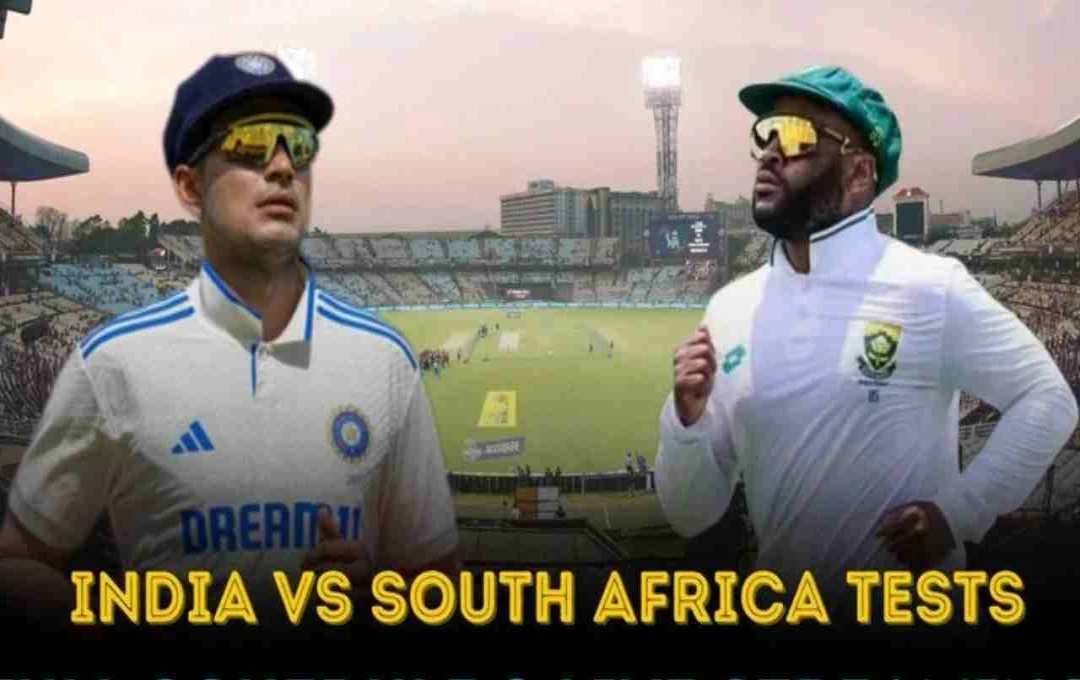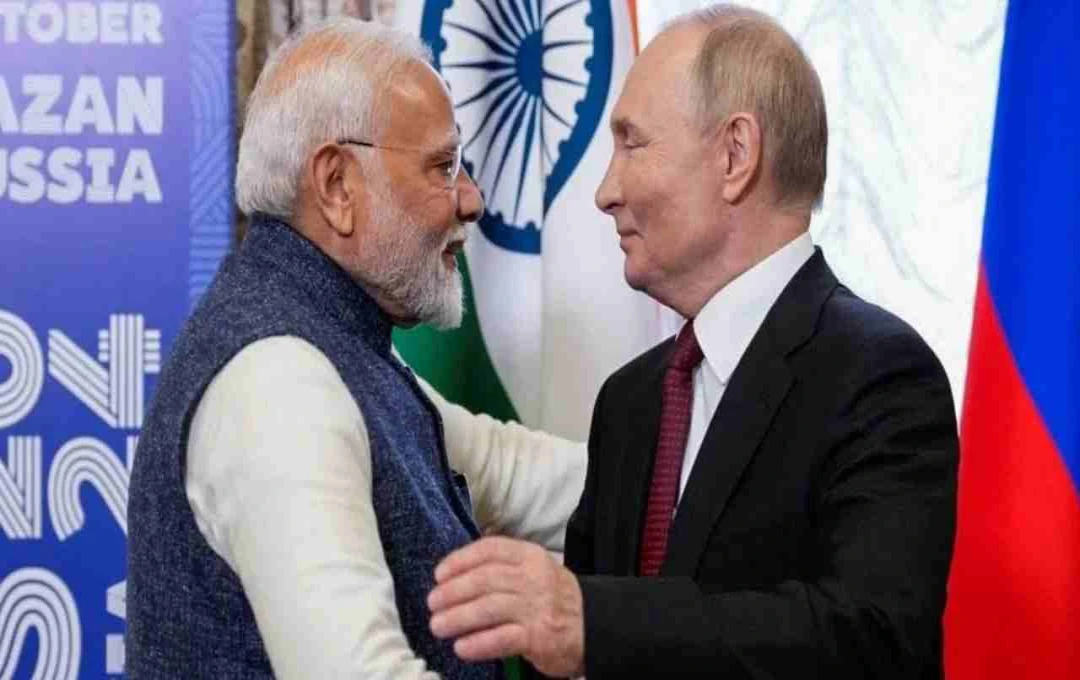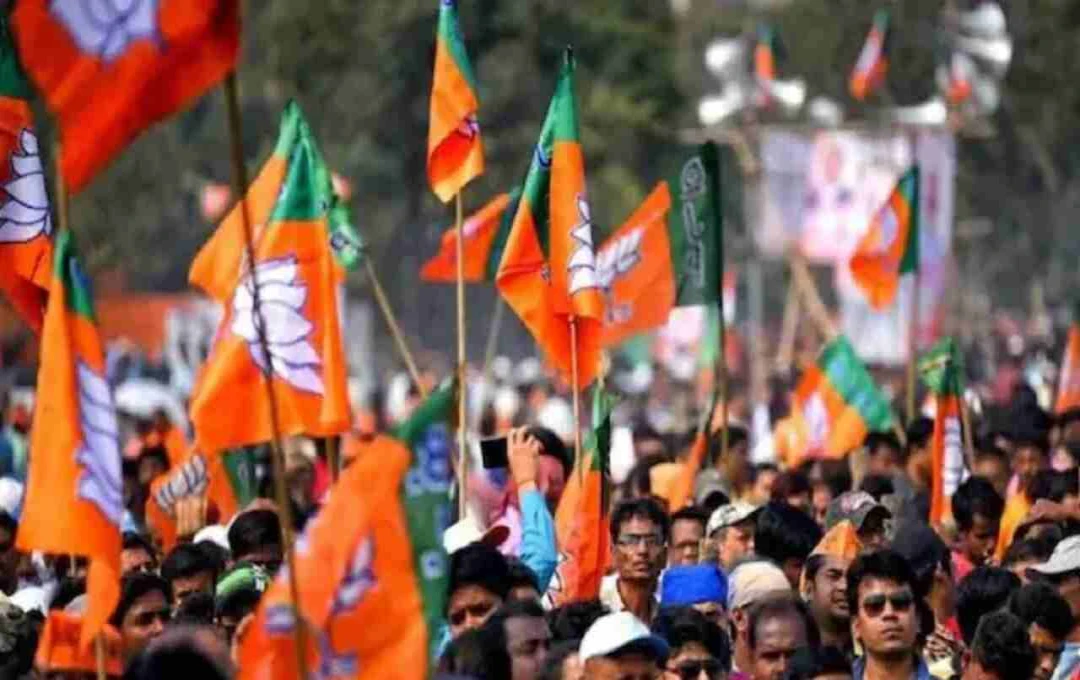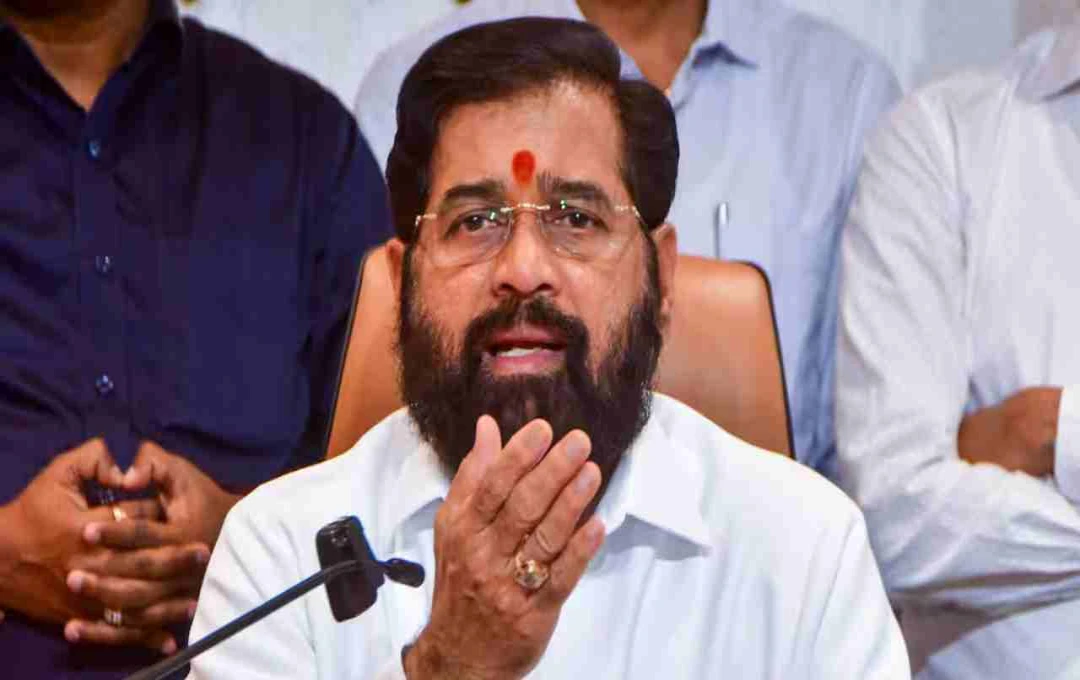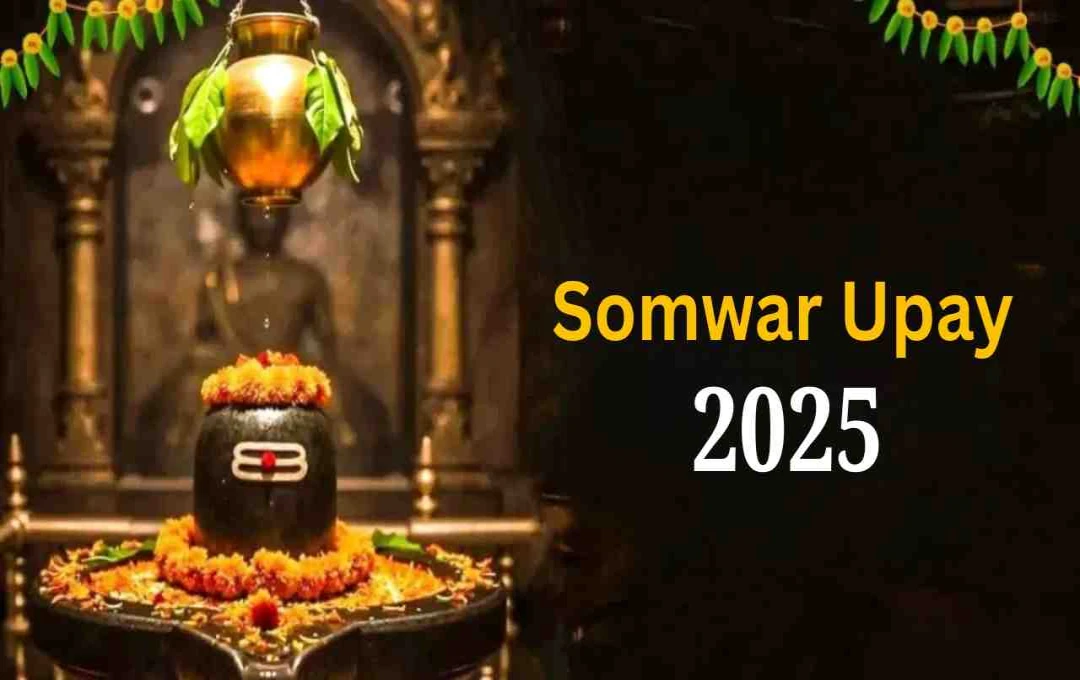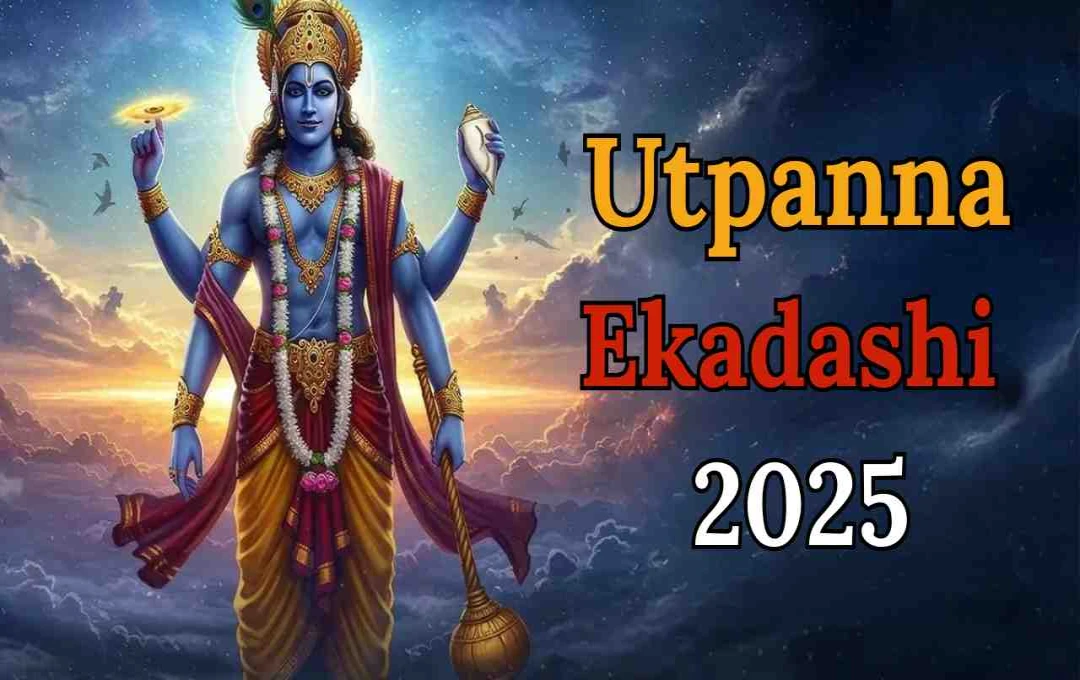The Supreme Court reserved its decision after hearing Justice Verma's petition. The internal inquiry in the cash recovery case was challenged. The Court raised serious questions, expressing concern about the conduct.
New Delhi: The Supreme Court on Wednesday reserved its judgment on the petition filed by Justice Yashwant Verma, challenging the validity of the internal inquiry committee's report. This report had found him guilty of misconduct in a cash recovery case. During the hearing, the Court raised serious questions about Justice Verma's conduct and described his behavior as "not worthy of trust."
What is the matter?
An internal inquiry committee was formed after cash was found at Justice Verma's official residence. This committee found him guilty of misconduct. Justice Verma challenged the committee's report in the Supreme Court. While hearing his petition, the Supreme Court bench, comprising Justice Dipankar Datta and Justice AG Masih, made several serious observations.
Sharp questions from the Court
During the hearing, the Supreme Court questioned why Verma did not challenge the validity of the committee when he appeared before it. The Court also stated that if he had doubts about the committee's process, he should have approached the Supreme Court earlier.
Supreme Court's strict remarks
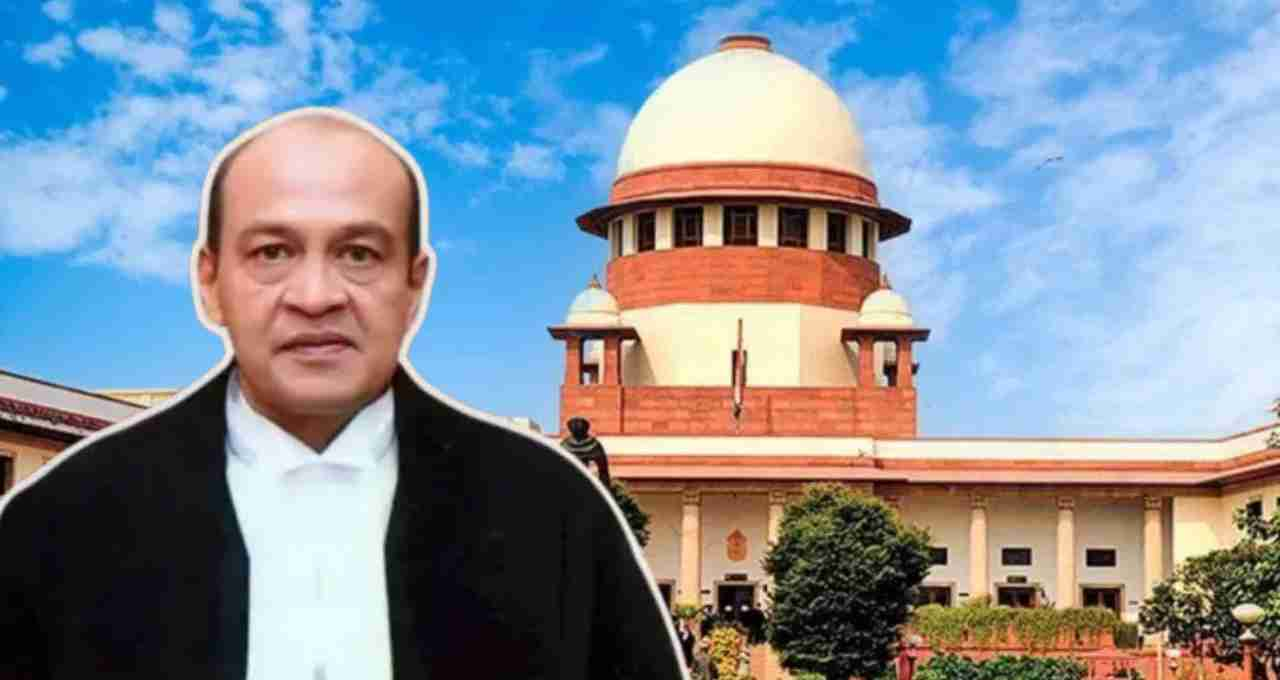
The bench of Justice Datta and Justice Masih said that Verma's conduct was not such as to inspire confidence. The Court also stated that if the Chief Justice of India (CJI) finds evidence of misconduct against a judge, he can inform the President and the Prime Minister.
Judicial process is necessary, not political aspect
During the hearing, the Court clarified that further action could be a political decision, but the judiciary has to show society that rules and procedures have been followed. The Court indicated that fairness is essential to protect the credibility of the judiciary.
Arguments of Advocate Kapil Sibal
Senior Advocate Kapil Sibal, appearing for Justice Verma, said that the inquiry committee's recommendation is unconstitutional. He said that such a process for removing a judge could set a dangerous precedent.
Why wasn't the committee challenged earlier?
In response to this question, Sibal replied that Verma did not challenge the committee because a tape had been made public at that time, which caused great damage to his image. He was already facing public disgrace.
The Supreme Court clarified that this case is not just about the conduct of one judge, but about the credibility of the entire judiciary. The Court indicated that transparency and impartiality should be paramount in such cases.
